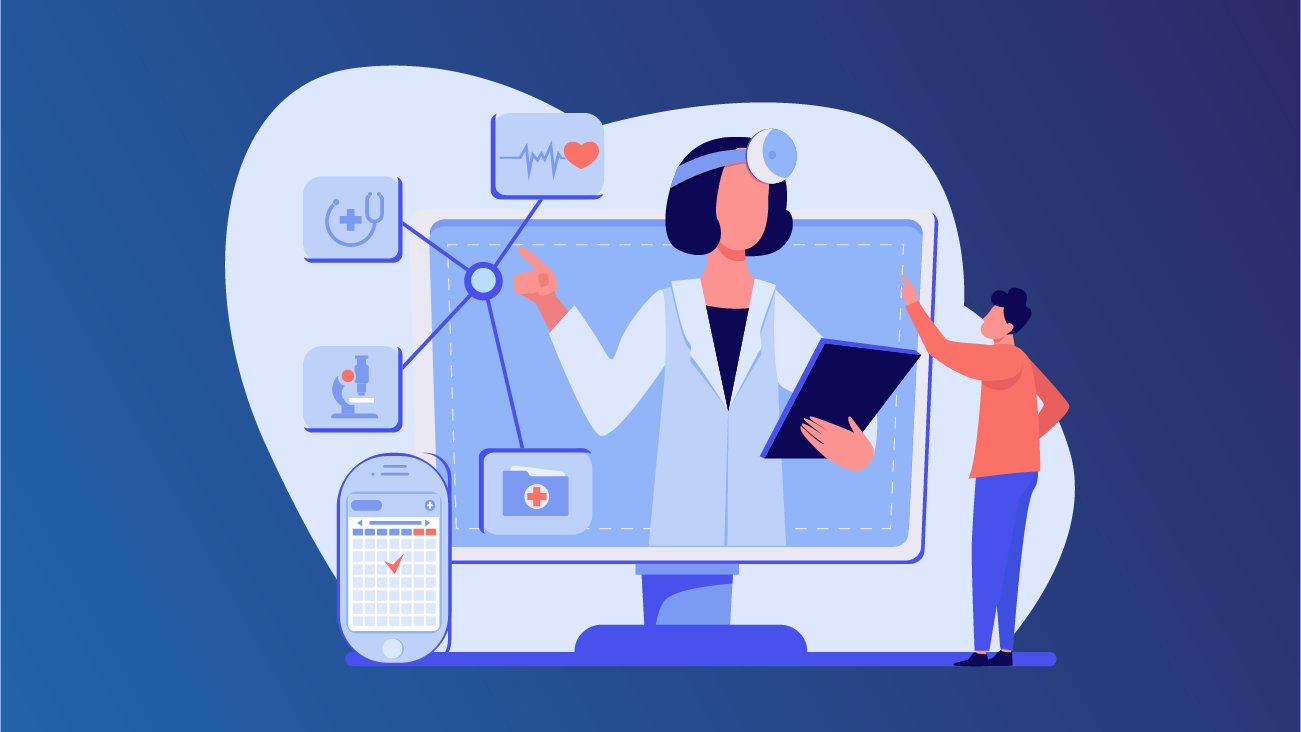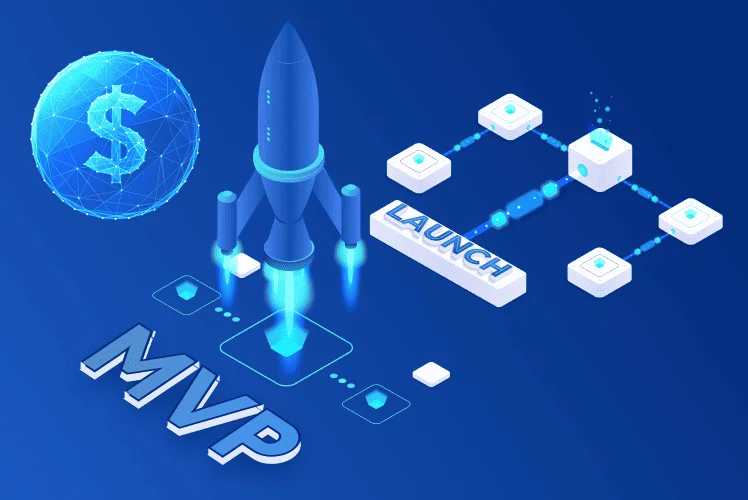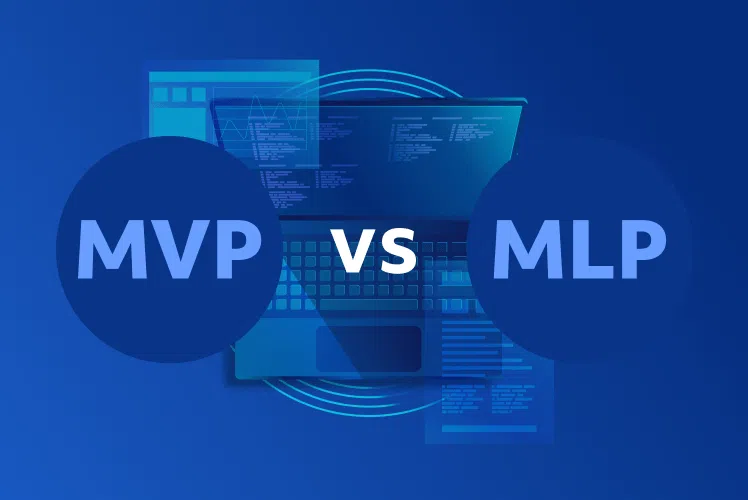The healthcare industry requires rapid and accurate decision making and smooth organization of all processes as they directly impact people’s lives and their well-being. Hence, it is obligatory to deploy the latest technologies in the sphere of healthcare in order to improve and optimize it.

Automation in healthcare contributes to better customer care, optimizes administrative processes, and helps create accurate and insightful data sets. In this article, we will have a look at the most distinctive benefits of automation in the sphere of healthcare and at the main challenges, one may face when implementing automation within their organization.
Better customer care
The healthcare industry is aimed at providing the needed customer care in a prompt and efficient manner. Hence, the automation of healthcare processes should bring benefits to customer care in the first place.
Faster service delivery
One of the biggest problems in many medical facilities is a slow and inefficient process of scheduling appointments and managing patients at the reception. Automation can efficiently resolve these issues and contribute to faster and better service delivery. Here is how it can do it:
- Automated reminders about the appointments that are sent to patients in a timely manner and via the preferred method of communication.
- Faster and more accurate processing of patients’ information at the reception.
- Less chance for human error or inaccuracy in the data due to automated data processing.
- Significant reduction of waiting time (leading to better patients’ experience).
Efficient communication with patients
Another area that can be improved by automation is communication between a medical facility and its patients.
First, there are several options for communication: phone calls, text messages, messengers, etc. And each patient probably requires an option that suits them best. Second, each patient needs to be contacted at a specific time and on a specific day and this schedule needs to be carefully managed and kept up with. Now imagine how easy it can be to confuse not only the communication method but time and date if you are a medical specialist with dozens of other tasks running in the background?
Automation takes full care of managing the communication between the medical facility and the patient by automatically sending scheduled messages and reminding medical specialists about the scheduled calls. As well, a specialized automated system can also send out not only personalized messages but also newsletters and messages that contain important information (i.e. discounts, announcements of events, etc.).
In this way, medical specialists can stay focused on the critical tasks without the need to double-check whether a message has been sent and patients will always receive the needed information on time.
Increased efficiency of administrative operations
If we talk about the administrative aspect of work in healthcare facilities, paperwork would probably be the biggest problem. First, there is an ongoing transit from paper to electronic format of document keeping and it’s already causing a lot of confusion in many medical facilities. Second, there is a constant flow of incoming information that has to be processed and arranged in the needed format. Third, many medical facilities still suffer from bureaucracy when it comes to the information exchange between the departments and this leads to a significant slow-down of work.
The automation of these processes can significantly facilitate the way administrative tasks are performed. Instead of manually filling in numerous forms and manually collecting information, medical specialists can leave these mundane tasks to automated tools. As well, automation reduces the chances for an error to appear and adds transparency to the way information is exchanged between the departments.
Increased efficiency of medical procedures
One more area where automation brings immense benefits is the one that involves medical procedures. Even though it’s very intricate and often requires not only skills but intuition and empathy, there are some things that an automated solution is capable of doing.
Screening and diagnosis
One of the most notable applications of AI and automation in healthcare is probably the automation of screening and diagnosis. A good example of it would be the detection of cancer at early stages or the discovery of severe diseases on the x-ray. This is possible due to the ability of Machine Learning and computer vision to detect the smallest patterns and dependencies and to analyze them by using all existing data. In this way, AI provides better screening and more accurate diagnostics which can be a real life-saver.
Better monitoring
Some patients require constant monitoring and that means doctors not only have to be aware of their condition 24/7 but they also need to receive immediate notifications in case of an emergency. Automation provides an efficient solution to this issue.
An AI-based monitoring system is capable of independently monitoring the patients’ state and sending timely notifications to medical specialists. As well, due to the inbuilt sensors that track certain health indicators, such a system contributes to creating a solid and comprehensive database that can later be used for diagnosing or determining the best treatment option.
Data analysis
Like any other industry, healthcare immensely relies on data. A well-structured and clear data enables medical specialists to make a diagnosis, order correct treatment, do research within pharmacology, and overall the data impacts all the activities within the healthcare system. Hence, it is critical that data is collected, processed, and analyzed in a proper way. But is it really possible without automation?
Imagine how much data a medical facility processes on a daily basis. Now imagine how much work a medical specialist has to deal with if the data were to be collected and processed manually. In the conditions of work overload and constant stress, a chance for errors and data inconsistencies increases immediately.
Automation of data management and storage is an extremely valuable implementation. By automating the data-related processes and enabling Artificial Intelligence to process it, medical establishments will receive clear and detailed reports which they can later use for the patients’ benefit.
Increased security
With manual data entry, there is a high chance of security breaches. As well, if data is collected or processed manually, it also increases the chances of the data leak. And considering the consequences of the data leak in the form of major financial losses, an organization has to ensure the data is securely protected.
An automated data management system significantly increases the security of the data and efficiently prevents external and internal threats. Such systems usually have multi-factor authentication, different access privileges, and data encryption. These and other security practices ensure that the data will not be affected by threat agents and will be stored securely.
Potential challenges of healthcare processes automation
Despite numerous benefits, every new technological advancement has certain considerations to keep in mind. Even though the automation of healthcare processes indeed brings many valuable benefits, it comes with certain risks and challenges that any medical facility should be aware of:
- Lack of universal ethical standards on using the AI technology in healthcare,
- Lack of technological resources for successful implementation of automation,
- Lack of interoperability of automated tools with the existing technology in a medical facility,
- Lack of emotional empathy for the patients,
- High requirements for staff training and skills.
All these things have to be considered before a medical facility takes steps towards automation. Otherwise, the inconsiderate automation will lead not only to financial losses but also to possible security risks.
Conclusion
The dynamic growth of the healthcare industry inevitably leads to its digitization. While indeed automation has proven to become a huge break-through in certain areas (i.e. medical screening or data management), the healthcare sector still needs and will need human employees to carry out certain tasks that require empathy, intuition, and critical decision-making. A thing to remember here is that technology is not here to replace people – it’s actually here to help people do their job better and this is something all medical facilities should keep in mind.



Comments